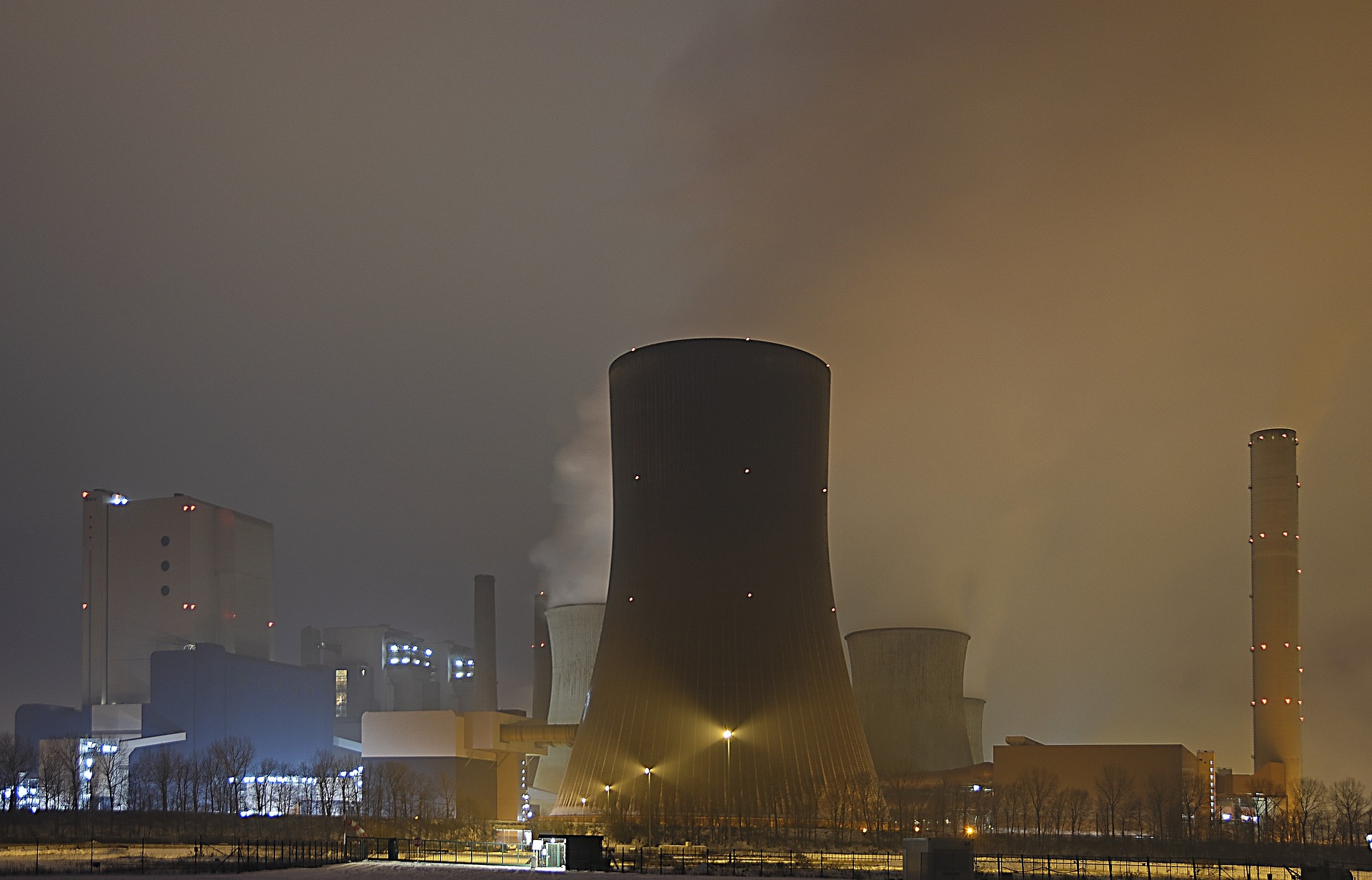The humanitarian consequences of nuclear weapons encompass the catastrophic effects on human lives, societies, and the environment resulting from the use or accidental detonation of nuclear weapons. The immense destructive power of nuclear weapons can lead to widespread death, injuries, and long-term health effects. Beyond the immediate impact, nuclear detonations cause severe and lasting damage to infrastructure, ecosystems, and socio-economic systems. This note explores the humanitarian consequences of nuclear weapons and highlights the global efforts to raise awareness about these consequences.
Humanitarian Consequences Of Nuclear Weapons
The humanitarian consequences of nuclear weapons are profound and far-reaching, posing an existential threat to humanity and the planet. Understanding and addressing these consequences are vital in advocating for nuclear disarmament and preventing the use or accidental detonation of nuclear weapons. Efforts to raise awareness, promote disarmament treaties, and foster dialogue among nations remain essential to ensuring a safer and more secure world for future generations.
The disastrous impacts on people’s lives, society, and the environment brought on by the use or unintentional detonation of nuclear weapons are referred to as the humanitarian consequences of nuclear weapons. Nuclear weapons have an enormous capacity for destruction, which can result in widespread devastation, injuries, and long-term health impacts.
Beyond the immediate effects, nuclear explosions seriously and permanently harm ecosystems, socioeconomic systems, and infrastructure. This essay examines the negative humanitarian effects of nuclear weapons and discusses international campaigns to increase public understanding of these effects.
Immediate Impact
Nuclear explosions result in an intense release of energy, causing devastating immediate effects. The blast wave, thermal radiation, and ionizing radiation cause extensive destruction, widespread fires, and high casualty rates. The immediate impact includes fatalities, severe injuries, burns, and trauma, overwhelming local medical facilities and emergency response systems.
Long Term Health Effects
Radiation exposure from nuclear weapons can have long-term health consequences. Acute radiation sickness affects survivors, leading to various illnesses, including cancer, genetic mutations, and other chronic diseases. The effects can be passed down through generations, affecting the genetic integrity of populations and increasing the risk of hereditary disorders.
Displacement and Humanitarian Crisis
Nuclear weapons’ humanitarian consequences extend beyond the immediate blast zone. The widespread destruction of infrastructure, including hospitals, communication networks, and transportation systems, hampers emergency response efforts and exacerbates the humanitarian crisis. Massive displacement of populations occurs, leading to the loss of homes, communities, and livelihoods.
Environmental Devastation
Nuclear detonations result in significant environmental damage. The immense heat and shockwaves can ignite fires, destroy forests, and cause massive air pollution. The radioactive fallout contaminates air, soil, and water, rendering vast areas uninhabitable for extended periods. Ecosystems are disrupted, leading to the loss of biodiversity and long-term ecological imbalances.
Socio-Economic Impacts and International Effort Awareness
In recent years, there has been a growing global movement to address the humanitarian consequences of nuclear weapons. Humanitarian organizations, civil society groups, and concerned nations have collaborated to raise awareness about the catastrophic effects of nuclear weapons and advocate for disarmament. International conferences, such as the Humanitarian Impact of Nuclear Weapons series, have played a crucial role in highlighting the humanitarian imperative to eliminate these weapons.
Nuclear detonations have a profound socio-economic impact on affected regions. The destruction of critical infrastructure hinders economic recovery, disrupts food production and distribution, and causes long-term economic instability. The socio-economic fabric of societies is shattered, leading to social unrest, psychological trauma, and intergenerational repercussions.
Nuclear Weapons and Arms Control Treaties: Impact on Global Nuclear Security
Arms control agreements like the CTBT and START accords have had a significant impact on international nuclear security. These agreements have aided in the elimination of nuclear weapons, the development of verification systems, and the advancement of disarmament. Despite ongoing difficulties, arms control agreements are essential for promoting openness, stability, and the suppression of nuclear proliferation.
To achieve a better and more secure world free from the threat of nuclear weapons, it is imperative to strengthen, expand, and promote universal adherence to these treaties.
Arms control treaties play a crucial role in regulating and limiting the development, deployment, and testing of nuclear weapons. These agreements aim to enhance global nuclear security, prevent arms races, and promote disarmament. This note analyzes specific arms control treaties, such as the Strategic Arms Reduction Treaty (START) and the Comprehensive Nuclear-Test-Ban Treaty (CTBT), and examines their impact on global nuclear security.
Strategic Arms Reduction Treaty (START)
The START treaties, including START I and START II, were bilateral agreements between the United States and the Soviet Union/Russia. They focused on reducing the number of deployed strategic nuclear weapons and establishing verification mechanisms. Key provisions included limits on intercontinental ballistic missiles (ICBMs), submarine-launched ballistic missiles (SLBMs), and heavy bombers. START treaties contributed to a significant reduction in the nuclear arsenals of both countries, enhancing strategic stability and reducing the risk of accidental or unauthorized use of nuclear weapons.
Comprehensive Nuclear-Test Ban Treaty {CTBT}
The CTBT aims to ban all nuclear explosive tests, whether for military or peaceful purposes. While the treaty has not yet entered into force due to non-ratification by some key states, it has had a significant impact on global nuclear security. The CTBT’s verification regime, including the International Monitoring System, provides a robust monitoring network to detect and deter clandestine nuclear testing. It has also established norms against nuclear testing and served as a powerful normative instrument to discourage further proliferation.
The New START Treaty
The New START Treaty, signed in 2010 by the United States and Russia, replaced the expiring START I Treaty. It further reduced strategic nuclear weapons and included verification measures. The treaty set limits on deployed ICBMs, SLBMs, and heavy bombers, as well as the number of warheads and launchers. New START has been instrumental in maintaining transparency and stability between the two largest nuclear powers, ensuring strategic stability and preventing an arms race.
Non Proliferation Treaty {NPT}
Although not exclusively an arms control treaty, the NPT plays a vital role in preventing the proliferation of nuclear weapons. The treaty has three pillars: non-proliferation, disarmament, and peaceful use of nuclear energy. The NPT has been successful in preventing the spread of nuclear weapons to non-nuclear-weapon states that have ratified the treaty. The regular review conferences under the NPT framework provide a platform for dialogue, cooperation, and addressing emerging nuclear security challenges.
Impact on Global Nuclear Security
By lowering the quantity of nuclear weapons, providing verification methods, and promoting openness and confidence among nations, arms control accords have made a significant contribution to global nuclear security.
These agreements have been essential in averting arms races, handling future conflicts, and lowering the possibility of nuclear weapons being accidentally or improperly used. Arms control agreements help to strategic stability and a global decline in nuclear threats by establishing boundaries and encouraging disarmament.
Nuclear Weapons By Country
Nuclear weapons by country represent a complex and delicate aspect of international relations. The possession and policies of nuclear-armed states have far-reaching implications for global peace, security, and non-proliferation efforts. Ongoing arms control efforts, diplomatic engagement, and dialogue are vital to managing and reducing nuclear risks, fostering disarmament, and maintaining strategic stability in an ever-evolving international landscape.
The possession of these weapons by certain countries has a significant impact on international security and geopolitical dynamics. This note provides an overview of nuclear-armed countries, highlighting their nuclear capabilities, policies, and the implications for global peace and security.

Countries That Owns Nuclear Weapons & The Law Governing Them
These are the list of countries that owns Nuclear Weapons and they are laws that govern them which most of the countries has sign the START treaty agreement but some did not obliged to it.
- United States: The United States possesses the largest nuclear arsenal globally. It maintains a policy of nuclear deterrence, relying on its triad of nuclear forces: intercontinental ballistic missiles (ICBMs), submarine-launched ballistic missiles (SLBMs), and strategic bombers. The U.S. nuclear arsenal is guided by various arms control agreements, including the New START Treaty with Russia.
- Russia: Russia, the successor state of the Soviet Union, possesses a significant nuclear arsenal. It also relies on a triad of nuclear forces and has modernized its strategic capabilities in recent years. Russia’s nuclear doctrine emphasizes the use of nuclear weapons in response to perceived threats to its sovereignty or existence. It has maintained a policy of nuclear deterrence and strategic stability with the United States.
- China: China possesses a relatively smaller but growing nuclear arsenal. Its nuclear policy is centered on minimum deterrence, aiming to maintain a credible deterrent capability against potential adversaries. China follows a no-first-use policy, pledging not to use nuclear weapons unless attacked by nuclear-armed states. Its nuclear capabilities primarily consist of land-based missiles, submarine-launched missiles, and strategic bombers.
- France: France possesses a smaller nuclear arsenal and follows a policy of independent nuclear deterrence. Its nuclear forces include submarine-launched ballistic missiles and strategic aircraft. France maintains a policy of strict confidentiality regarding its nuclear capabilities and has declared a no-first-use policy, indicating that it would use nuclear weapons only in response to extreme threats to its vital interests.
- United Kingdom: The United Kingdom maintains a submarine-based nuclear deterrent known as the Trident system. It possesses a small but powerful nuclear arsenal and follows a policy of minimum deterrence. The UK’s nuclear doctrine states that it would consider using nuclear weapons only in response to a nuclear attack or a massive conventional aggression.
- India: India is a nuclear-armed country outside the framework of the Nuclear Non-Proliferation Treaty (NPT). It follows a policy of credible minimum deterrence and maintains a no-first-use policy. India’s nuclear forces consist of land-based ballistic missiles, including intercontinental-range missiles, as well as sea-based deterrent capabilities.
- Pakistan: Pakistan is another nuclear-armed country outside the NPT. It follows a policy of credible minimum deterrence, aiming to deter any potential aggression. Pakistan’s nuclear forces include land-based ballistic missiles and aircraft-delivered nuclear weapons. Pakistan’s nuclear doctrine emphasizes the concept of full-spectrum deterrence against all forms of aggression.
- North Korea: North Korea is widely believed to possess nuclear weapons, although the exact size and capabilities of its arsenal are uncertain. North Korea’s nuclear program has been a source of international concern, and it has conducted multiple nuclear tests and missile launches. North Korea’s nuclear ambitions have raised regional tensions and posed challenges to international non-proliferation efforts.

